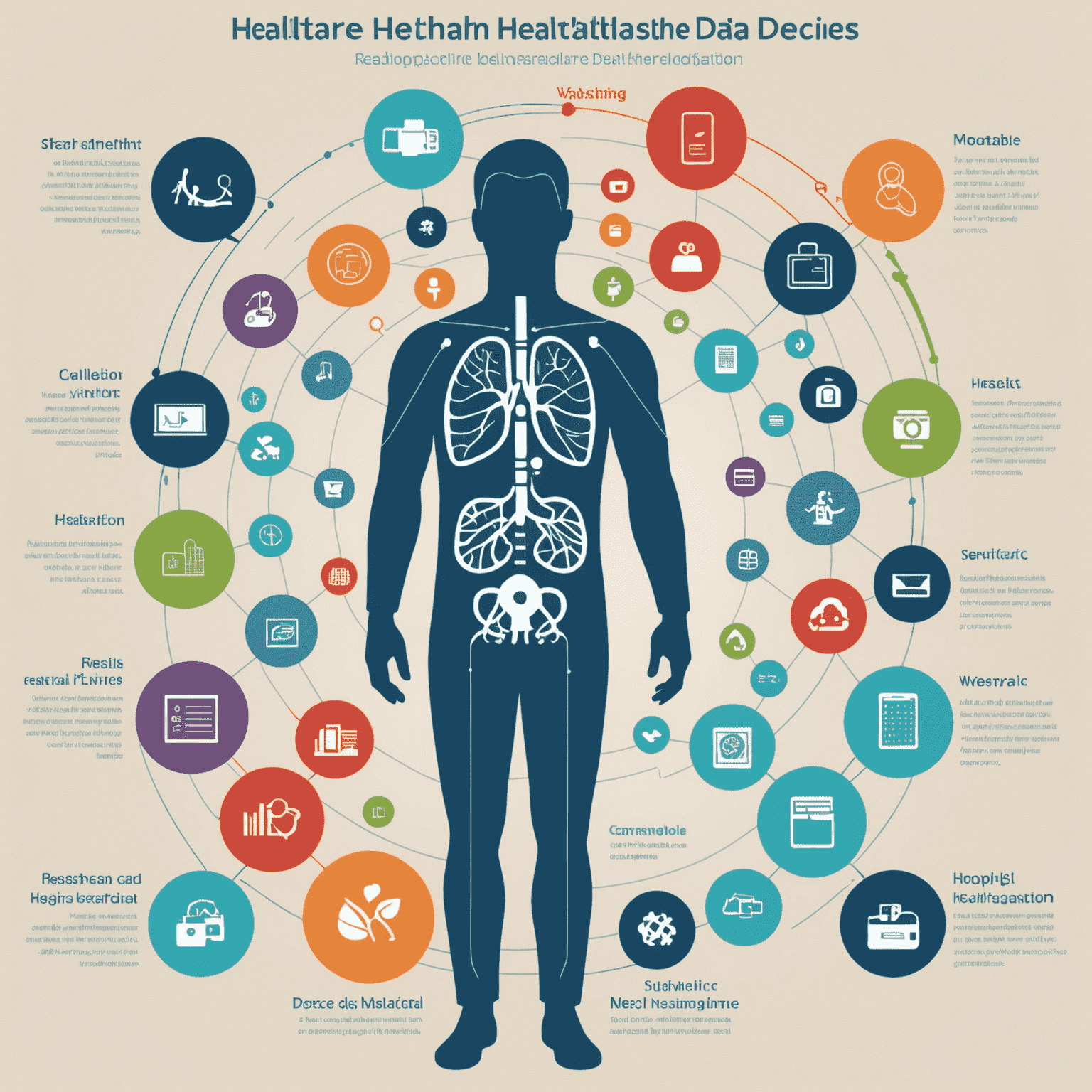Leveraging Big Data Analytics in Healthcare: Improving Outcomes and Efficiency

The healthcare industry is rapidly evolving, and big data analytics is playing a crucial role in this transformation. By harnessing the power of vast amounts of data generated by electronic health records, wearable devices, and other sources, healthcare providers can gain valuable insights that lead to improved patient outcomes and streamlined operations.
One of the primary benefits of big data analytics in healthcare is the ability to identify patterns and trends that may not be immediately apparent. By analyzing large datasets, providers can uncover correlations between patient characteristics, treatments, and outcomes, enabling them to make more informed decisions about care delivery. This data-driven approach can help reduce medical errors, improve diagnostic accuracy, and optimize treatment plans.

In addition to improving patient care, big data analytics can also help healthcare organizations optimize their operations and reduce costs. By analyzing data on resource utilization, staffing levels, and patient flow, providers can identify inefficiencies and implement targeted interventions to improve productivity and reduce waste. This can lead to significant cost savings and improved financial performance.
Another key benefit of big data analytics in healthcare is the ability to support population health management initiatives. By analyzing data on large groups of patients, providers can identify high-risk individuals and develop targeted interventions to prevent the onset or progression of chronic diseases. This proactive approach to care delivery can help reduce healthcare costs and improve overall population health outcomes.
As the healthcare industry continues to evolve, the role of big data analytics will only become more important. By embracing this powerful technology, healthcare providers can position themselves for success in an increasingly competitive and complex landscape, while delivering the highest quality care to their patients.